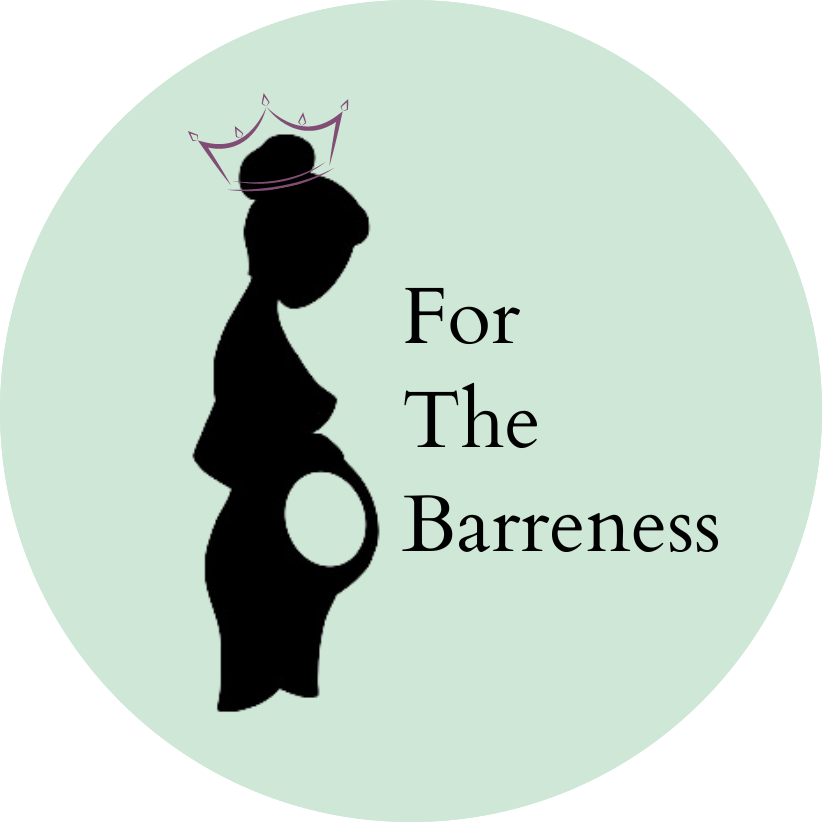Finding the Right Therapist for You
I am going to therapy because I do not want the trauma caused from miscarriages and infertility to follow me into parenthood, when that time comes. I have also worked professionally in services that include mental healthcare for over 12 years.
A few of you asked, so I am sharing below helpful questions to ask in a consultation when looking for a therapist.
(This is not an extensive list, feel free to comment additional questions below).
Additionally, at the end of this article are helpful resources and tools for finding a therapist near you.
Consultation Questions to Ask:
Specialties
You wouldn’t go to a chiropractor for a toothache - choosing a therapist should have the same approach! There are many reasons people go to therapy, whatever your need, be sure to find a therapist with a specialty in that need.
"Do you have many clients with similar experiences to my own?"
"I am looking to address x, much experience do you have in treating these concerns?"
"How long have you been a therapist?"
"What are your specialties/licenses/education/training?"
Approach to Care/Philosophy
There are a lot of different ways people receive mental health care. Some respond well to talk therapy, others art therapy, cognitive behavioral therapy, and others meditation/mindfulness. You should be comfortable with the style and approach of care taken by your therapist - it should fit YOUR style, not theirs.
“How would you describe your therapy style/approach?"
"Is your treatment choice evidence based?"
"How would you describe an ideal session?"
Cultural Competency
Your background, religion, ethnicity, race, gender, sexual orientation, and culture all factor into your sense of self and the care you receive should reflect that. Be sure to find out if this is a therapist that can understand and appreciate all that makes you YOU!
“Are you versed in working with people of my background/identity?"
"How does religion play a part in your practice?"
"How will you approach my unique identity, race, ethnicity, culture, etc?"
Goals
You should go into therapy with some goals in mind. These can be to simply feel better day by day, to improve communication, reduce anxiety, etc. Understanding how your therapist sets and approaches goals will be very helpful toward your success.
"How do you set goals with clients?
"How do you indicate that our sessions are helping me to improve?"
"Will we set goals together based upon my needs?"
Payment/Process
You don't want to be caught off guard by a bill - therapy can be expensive, but it does not have to be.
"Do you accept my insurance?"
"How do you bill patients?"
"What is your cancellation policy?"
"Will sessions be in person or on zoom?"
